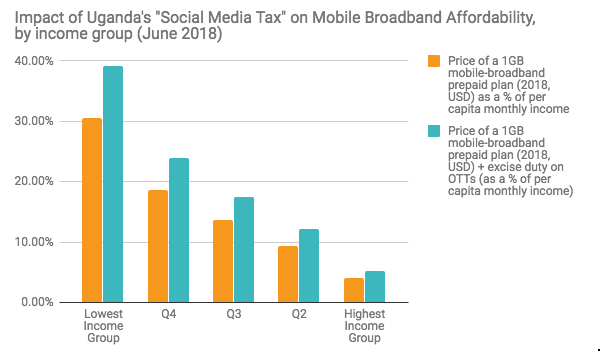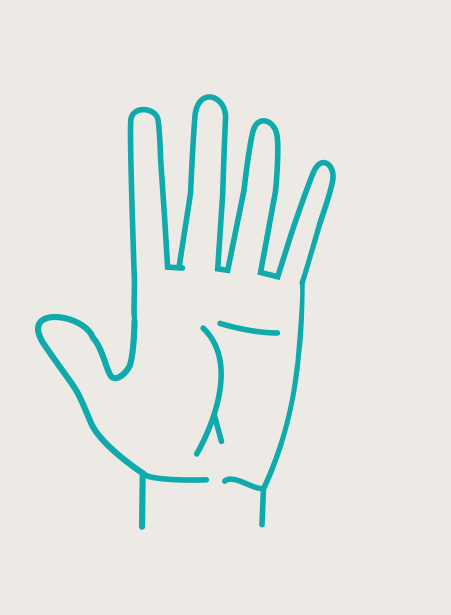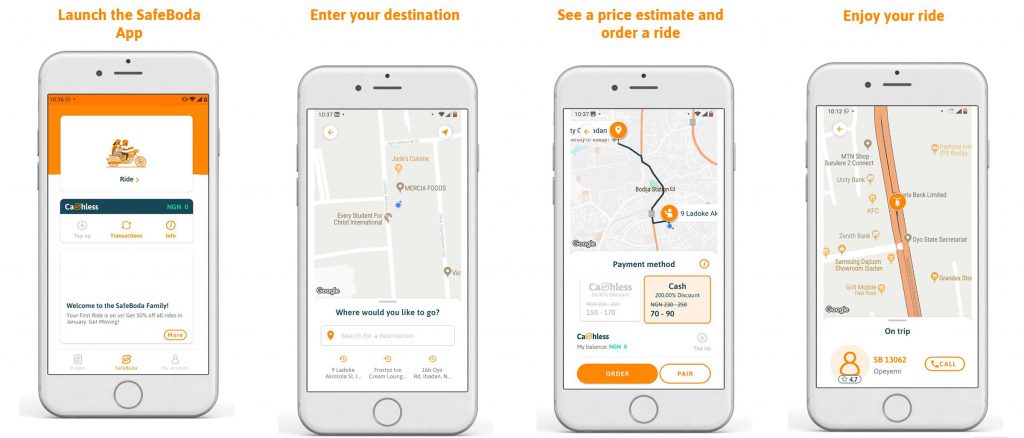Let’s look at how a controversial “social media tax” has impacted Uganda’s digital economy, with a particular focus on SafeBoda – a mobile app with a social mission: to improve the welfare and livelihoods in Africa by empowering people to live safer and healthier lives.
WHAT IS SAFEBODA?
SafeBoda is a digital tool comprised of motorcycle taxis (“boda-boda”) drivers bringing safety, convenience, and trust to the transport industry in Africa. Anyone can easily request a SafeBoda ride or delivery through the mobile application, which is available for free on the Google Play store and the Apple Store.
WHERE IS SAFEBODA AVAILABLE?
Clients can request a SafeBoda ride or delivery in any location in central Kampala, Uganda. SafeBoda has also expanded into Kenya, and more recently, Nigeria.
IS SAFEBODA ACTUALLY SAFE?
According to their website, all SafeBoda drivers receive extensive training to make them the safest and most professional drivers on the streets. The company is committed to safety, and all drivers are:
- Trained in road safety, first aid, bike maintenance, and customer care
- Equipped with hairnets and spare helmets
- Identifiable and trackable through SafeBoda’s internal system
ROAD SAFETY IN UGANDA
Traditionally, in Kampala, the capital and largest city of Uganda, the common way of catching a ride was to venture into any street corner packed with tens of boda bodas or simply waiting for one to pass by. But in late 2014, SafeBoda was introduced in the hopes that this digital tool of transport would be thrust into the technological age by providing the ability to hail a boda boda with the click of a smartphone.
The boda-bodas enjoy the greatest popularity and market share globally in Uganda, with over 80,000 serving the streets of Kampala. More than 24% of Uganda’s population falls between the ages of 10 to 19, according to UNICEF. It is clear that there is a strong market for motorbike taxis, and SafeBoda has revolutionized the landscape and digital economy of Uganda.
Implementing lessons about road safety has been a challenge because the difficulty lies in changing the mindsets of an entire population. Safety has been an ongoing concern for those riding motorcycle taxis, as the bikes are a leading cause of death and head injury in Kampala. A study conducted at Mulago National Referral Hospital in Kampala identified approximately 40% of trauma cases at the hospital to be due to boda-boda accidents. There are 80,000 motorbike drivers, only 1% of whom currently wear helmets. On a wider scale, road accidents are the third leading cause of death in Sub-Saharan Africa.

These are alarming figures and it’s obvious that change was needed. Unfortunately, education related to road safety seems to emphasize road signs, which may not be the most important aspect, considering that the lack of road signs is a problem in many African countries.
HOW THE DIGITAL ECONOMY IS NOW BEING THREATENED
The good news is that SafeBoda, as its name suggests, seems to have taken passenger and driver safety seriously from the onset. Driver training is delivered in partnership with the Ugandan Red Cross and takes up to three weeks to cover road safety and bike maintenance – and it seems to be working. Fewer people are dying due to road accidents, access to this service is growing, and transportation is becoming more accessible and reliable. This digital tool has been an extraordinary addition to Uganda’s transportation sector, and the ease of access is undeniable.
Now, the bad news.
In Uganda, President Yoweri Kaguta Museveni, who has been in power since the 1980s, imposed a tax that restricts Internet usage and access. The tax, which went into effect July 1, 2018 charges 200 Ugandan shillings (or $0.05) per day of use for 60 mobile apps, including SafaBoda, as well as giants like Facebook, Instagram, Twitter, and WhatsApp. An estimated 5 million Ugandans lost access to the Internet because of the tax, thereby also losing access to social media and other online services, including SafeBoda.
Social-media use is definitely a luxury item.
Ugandan President Yoweri Kaguta Museveni, comparing social media to consumer goods like beer, tobacco, and perfume.
International and domestic outrage followed. Debates took place in Uganda that centered on the issues of taxing the digital economy. Social media has proved to be a powerful tool for organizing protest movements, from the Arab Spring to Black Lives Matter in the United States. The protest in Kampala led to hashtags such as #notosocialmediatax and #thistaxmustgo to go viral in response to the Ugandan government’s actions. Interestingly, the demonstrators in Kampala did not find out about it from social media; rather, they joined in when they saw people dressed in red marching through the street – see image below.

This tax goes hand-in-hand with the greater debate on platform capitalism and poses massive challenges for an Internet-based business like SafeBoda that has transformed road safety and transportation as a whole in Uganda. Government officials and agencies such as the police, Kampala Capital City Authority (KCCA), Internal Security Organisation (ISO), among others, have fought for the control of the boda boda industry in Uganda for many years. The unpredictable and unstable regulatory landscape that dealt a severe blow to bike-hailing start-ups in nearby Lagos, Nigeria earlier this year is another concern. Not to mention the toll this tax will take on the digital economy.
So, what exactly is the digital economy?
The digital economy consists of the economic activities that result from countless daily online connections amongst people, businesses, devices, data, and processes. The pillar of the digital economy is the concept of hyperconnectivity, which means the growing interconnectedness of people, organizations, and machines that is possible because of the Internet and mobile technology. Several businesses, including SafeBoda, reflect the digital economy. Also at the heart of the digital economy are e-payments and e-commerce as a way of exchanging and moving value, both of which SafeBoda takes part in.
The primary motivation behind [the social media tax] is to silence speech, to reduce the spaces where people can exchange information, and to really be able to control, with the recognition that online platforms have become the more commonly used way for sharing information.
Joan Nyanyuki, Amnesty International Regional Director for East Africa, the Horn, and the Great Lakes
THE BIG QUESTION: SHOULD SOCIAL MEDIA BE TAXED?
The tax has already had an impact on social media access. Seventy-one percent of respondents reported being extremely inconvenienced, and they reported an 11% drop in their overall social media usage since the taxes went into effect. Many Ugandans reported seeing significantly less engagement with their posts online, too.

The Internet is an essential tool for democracy in the modern era.
The tax is proof that Uganda’s government is out of touch – both with how important social media is in the life of ordinary citizens and in how much the tax would burden them, considering it nearly doubles what most people pay daily to get online.
By not allowing digitization to happen, Uganda risks crippling the digital economy before it fully takes shape.
What do you think? Should social media be defined as a “luxury good” and therefore be taxed?



